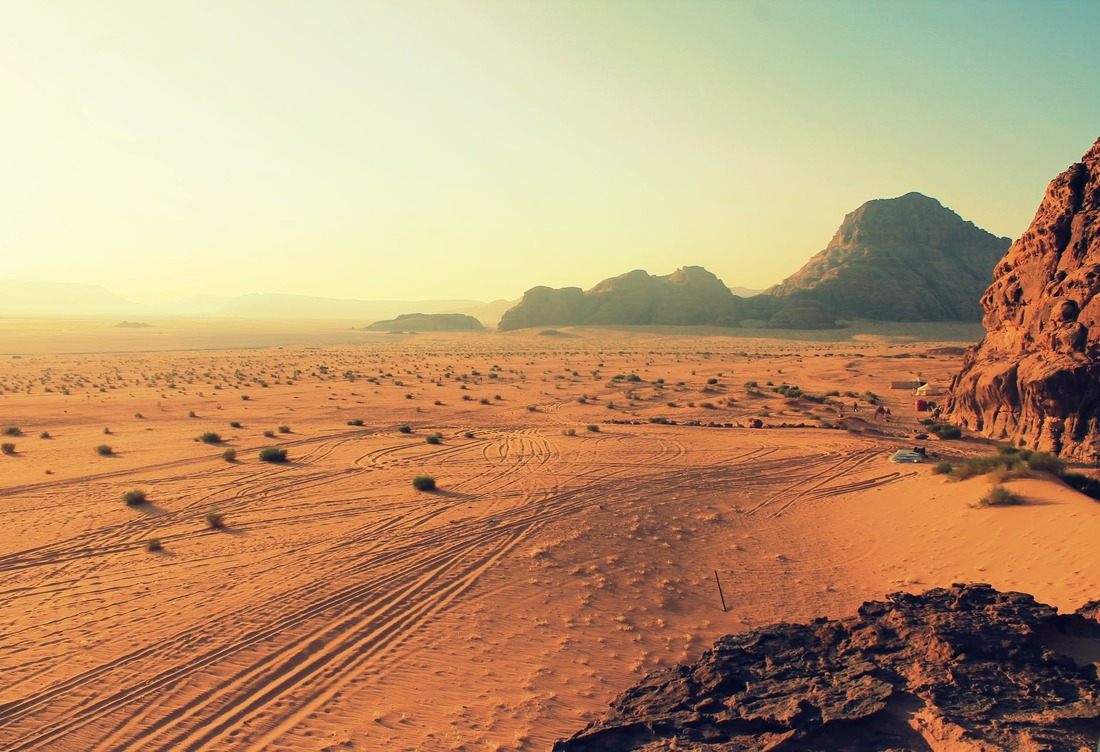|
Frank Herbert’s 1965 novel is a favourite for sci-fi fans and for good reason. It is widely considered one of the best science fiction books of all time, however, the transition from book to the big screen has been less than smooth. The latest adaption is directed by Blade Runner 2049 director Denis Villeneuve. It will be released next year and already receiving a lot of buzz. It has an all-star cast including Jason Momoa, Javier Bardem, Charlotte Rampling, Oscar Isaac, and Josh Brolin to name a few. While the source material is brilliant, its silver screen appearance has b een troubled. Chilean director Alexjandro Jodorowsky tried to bring a 10-hour epic staring Salvador Dali and scored by Pink Floyd but eventually it was abandoned and never completed. David Lynch tired next to bring it to life in his 1984 epic. The film was supposed to be the anti-Star Wars. A dark, totalitarian, dystopia universe where epic families battle for control over the empire. It went through many scripts and the rough cut was over four hours long. When it was released, the critics hated it, calling it a glorified mess. It only earned $30 million on a $40 million budget. Over the years, fans have been a little kinder to the film, and it’s turned into somewhat of a cult classic. Villeneuve has a lot of pressure to succeed where others have failed. Warner Bros and Legendary have green lit a huge budget, taking a huge gamble that it will be a success. Denis Villeneuve’s only big budget film thus far was the 2 hour and 44 minute Blade Runner 2049, which disappointed at the box office despite being a critical win, earning $259.2 million on a budget of at least $150 million. The big question remains can Villeneuve pull off an even bigger epic? Villeneuve has said the plan is for Dune to be split into two feature films rather than pack Frank Herbert’s novel into one film giving the material the screen time it deserves. While I have argued the merits of this approach, there is a degree of risk involved. If the first film isn’t successful, we might not get a second. Feeding into that possibility is that depending on how the story is split, we don’t know how general audiences will feel about only getting half of a story.
Set thousands of years in the future, Dune follows young Paul Atreides, whose family controls the desert planet Arrakis which produces spice. As the only producer of the highly valuable resource that powers the galaxy, jurisdiction over Arrakis is contested among the major noble families. After Atreides' family is betrayed, he leads a rebellion to restore his family’s reign and win back the plant. If Dune proves to be a success at the box office than either Jodorowsky or Lynch’s films, then there’s plenty of material for sequels which would please the studio heads. Herbert wrote five additional Dune novels before his death in 1986. Herbert’s son, Brian Herbert and novelist Kevin J. Anderson collaborated on a number of Dune books as well. Brian Herbert and Anderson are both involved with the Dune remake, as an executive producer and creative consultant.
0 Comments
Leave a Reply. |
AuthorJeridoo Productions' own Blog about our Productions, Projects and Film- and Movie-related News. Archives
October 2022
|
JERIDOO UNIVERSE AG |
MOVIE PROJECTS |
MEDIA |
© Copyright 2018 Jeridoo Universe AG



 RSS Feed
RSS Feed